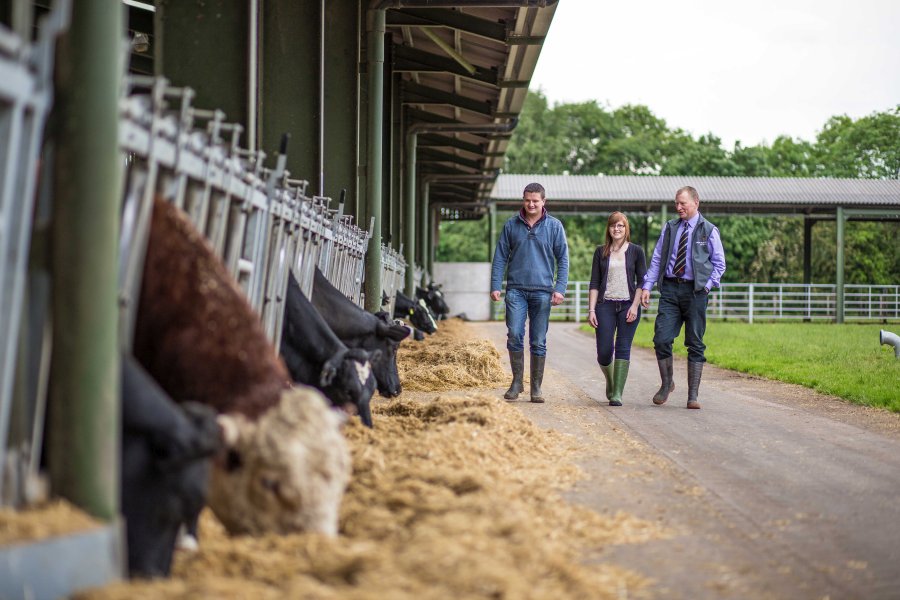
A UK-first school seeking to help farmers adopt regenerative methods of agriculture has launched at Harper Adams University.
The School of Sustainable Food and Farming is the first of its type in the UK, with courses covering livestock, soil health and biodiversity.
In the UK, agricultural production is currently responsible for 10 percent of all greenhouse gas emissions.
Harper Adams University says the school will play a part in realising the government’s new ‘green’ agriculture policy, unveiled in November last year.
Based in Newport, Shropshire, courses will be designed using the work on sustainable farming and food production by the university.
They will cover topics including carbon sequestration, the potential of green energy production on farms - including anaerobic digestion plants, and understanding the value of carbon. In addition, on-farm learning with tutors will take place.
The courses will be run by the UK’s leading experts in agronomy, veterinary practice and nutrition.
They will include undergraduate courses to train new sustainable farmers, short courses and apprenticeships to upskill the current farming workforce as well research posts.
The school has been launched in collaboration with supermarket Morrisons, foodservice outlet McDonald’s UK, and the National Farmers Union.
Minette Batters, president of the NFU, welcomed the school's launch, saying it would help farmers "take on the role of world leaders in climate-friendly food production."
“A transformation is needed globally to boost sustainable food production and ensure that we can continue to feed a growing population while doing our bit for the planet.
"In Britain farmers have an ambition to reach net zero greenhouse gas emissions by 2040 and the School of Sustainable Food and Farming will help us get there."
Professor Michael Lee, Deputy Vice Chancellor at Harper Adams University, added: “The way Britain - and the world - farms is changing, and the future is upon us.
"We need to recognise that, and to understand that the future sustainable production of our food is critical.
"What we are doing here is pioneering, and it will help the UK to lead the world in agricultural thinking and practice.”
